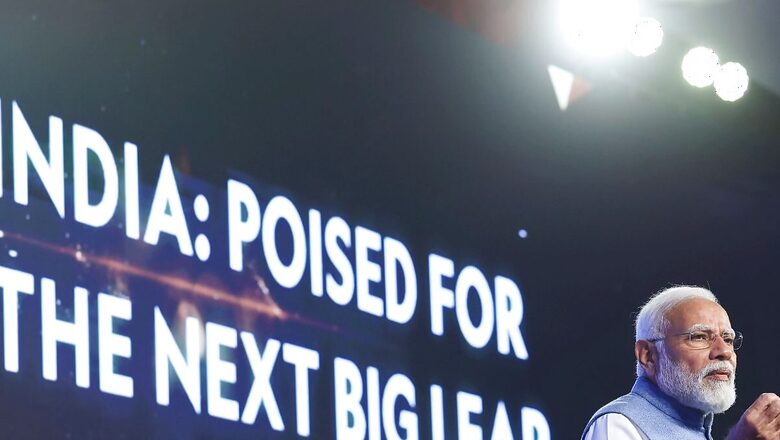
views
India is taking the “leadership” of the Global South but is also strengthening its ties with the Global North. (One could also speak of East and West). This fits into India’s policy of “re-balancing” its external relations. The North is seeing a growing shift of political and economic power towards the East. This shift is being accelerated by India’s rise, after that of China.
This widens India’s foreign policy options. As a “leader” of the Global South, with a fast growing economy and a view of the North that differs radically from that of China, the North is reaching out to India much more than before. India sees the North as indispensable for its economic growth and technological advance and is therefore reaching out to it with a clear sense of its self-interest.
This explains India’s expanding ties with the US in various domains, including defence. The US is now India’s biggest trade partner, including trade in services. India has signed an FTA with Australia and is negotiating FTAs with the UK and the EU, though with Canada it has been put on hold because of political differences.
This explains also that while India is a member of BRICS and SCO it is also an increasingly active supporter of Quad and a proponent of the Indo-Pacific Concept, both opposed by China and Russia.
The North may not be happy with India’s “leadership” of the Global South as it erodes its traditional dominance of this part of the world, but it sees India as a safer partner in the power transition that is taking place than China which has made deep inroads into the Global South through its Belt and Road Initiative, its financial power, and its position as the manufacturing hub of the world and the world’s largest exporter. China is projecting a development model based on its own authoritarian, non-democratic, highly controlled and monitored political and economic system that it believes is more suited to the developing world, whereas India is demonstrating that democracy can deliver.
In this context, the rhetoric of “shared values” between India and the West becomes useful to both sides, although both are aware that “values” were never a determining factor in relations between India and the West in the past when the US and its G 7 allies fuelled Maoist, Communist Party controlled China’s economic and technological rise even as democratic India was sanctioned for years.
India wants a reform in the structures of international governance dominated by the West for centuries, including after 1945. The rhetoric is that all nations are equal but the UN Security Council has in-built, formalised inequality with five permanent members with veto rights. The composition of the UNSC does not reflect either the shifts in power that have occurred in recent decades away from the West or the increase in UN membership from 45 originally to 193 today. The developing countries need more representation in the UN Security Council if it is to retain legitimacy already severely eroded. The World Bank and the IMF, dominated by the West, need to be reformed too.
India seeks a reform of the international order to reflect the realities of today. This position no doubt pits it against the entrenched power and privileges of the West. However, the logic of India’s position is not unappreciated in countries like France, for instance, as there are concerns in the UN system as a whole about the survival of multilateralism in international affairs.
As a democracy, India’s quest for more power within the international system is seen as less of a challenge than non-democratic and authoritarian China’s quest for an alternative order based on its hegemonic ambitions reflected in its illegal sovereignty claims, challenge to US power and propositions like the Global Security Initiative, the Global Development Initiative, and the Global Civilisation Initiative.
One must note in this discussion on North and the Global South that the South is not monolithic. There are differences in the political, economic and demographic character of the states of the South. Within the Global South there are countries like Singapore, Qatar, UAE, Brunei with per capita incomes comparable to those of the countries of the North. The South has categories such as Middle Income Countries, Least Developed Countries, Small Island States, Landlocked Developing Countries, etc. This diversity in the Global South enables the North to break the unified stand of the South on global issues, especially on climate change.
Under its G20 presidency, India was able to determine the viewpoints and priorities of the Global South by organising the Voice of Global South Summit and ensuring that these got reflected in the G20 agenda rather than the G7 shaping it. This goal was effectively achieved with the Leaders Declaration covering issues such as food, fertiliser and energy security, reform of multilateralism, functioning of Multilateral Development Banks, debt relief, accelerated achievement of SDGs, transfers of finance and technology by the North to address climate change issues, green development, etc.
India has no doubt positioned itself as a bridge builder between the North and the Global South, especially after the success of its G20 presidency. Its ability to take an independent position on critical global issues in line with its national interest and preserve a degree of strategic autonomy has given it credibility.
But there are challenges ahead. The West is still backing a military solution to the Ukraine conflict, despite the danger of steady escalation triggering a nuclear conflict. In the recent Raisina Dialogue, the European participants liberally condemned Russia with the usual contestable arguments and sought to raise pressure on India to change its position and press for its participation in the Swiss-hosted conference on Ukraine’s peace plan, which is a non-starter.
After the 2008 financial crisis the G7 acknowledged its inability to handle it on its own and the G20 was raised to summit level. After the Ukraine conflict, the G7 has been reinvigorated and seeks to shape the global agenda again. NATO has got wind in its sails after the inclusion of Sweden and Finland and now there are voices to extend its presence to the Western Pacific.
The tool of sanctions without UN approval is being used by the G7 and the EU and this has serious implications for the Global South. With the US treating both Russia and China as adversaries and the EU falling in line, the world has got more fragmented. The WTO has been weakened, with its dispute settlement mechanism non-functional. De-globalisation and protectionist trends will further disrupt the global economic order. The crisis in West Asia has opened the West to accusations of double standards and eroded further the credibility of its “rules based order” posture.
India is currently in a “sweet spot” but it cannot remain unaffected by global political, economic and security disruptions. It needs a peaceful international environment to maintain its steady rise. It has limited means to ensure that. It will have to ultimately rely on astute diplomacy and rapidly build internal strengths with aatmanirbharta to navigate the challenges ahead.
Kanwal Sibal is a former Indian Foreign Secretary. He was India’s Ambassador to Turkey, Egypt, France and Russia. Views expressed in the above piece are personal and solely that of the author. They do not necessarily reflect News18’s views.











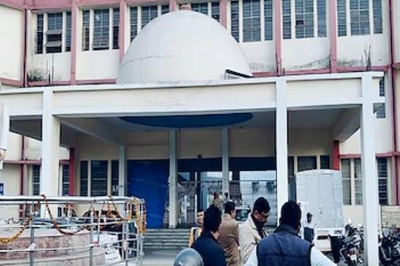
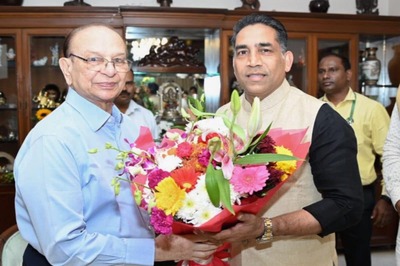

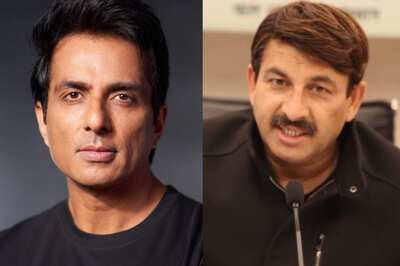

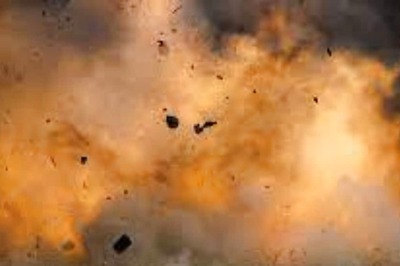

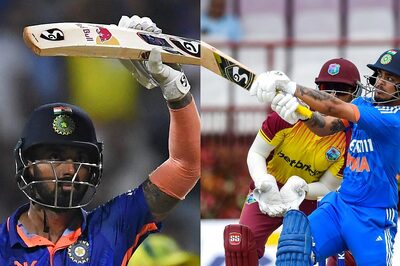
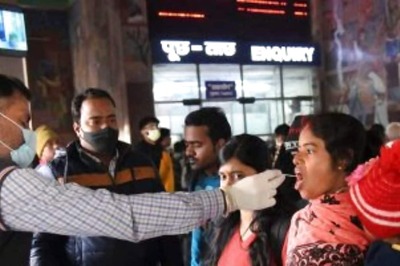
Comments
0 comment